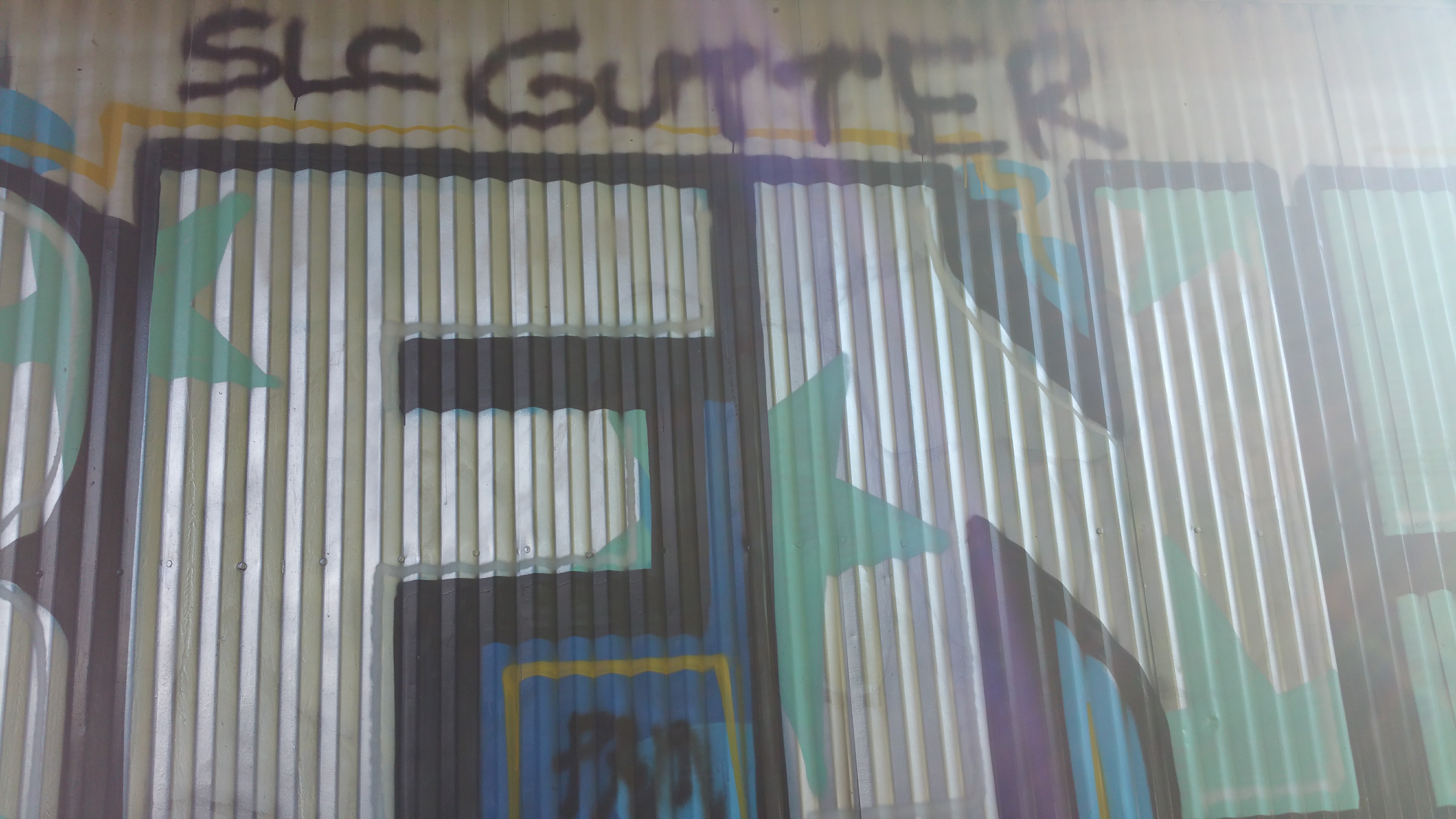 The Utah Supreme Court upheld the disbarment of attorney Susan Rose for conduct in violation of the Utah Rules of Professional Conduct. It’s a reminder to attorneys and the clients who hire them that there are limits to the judicial process and how cases are conducted in court.
The Utah Supreme Court upheld the disbarment of attorney Susan Rose for conduct in violation of the Utah Rules of Professional Conduct. It’s a reminder to attorneys and the clients who hire them that there are limits to the judicial process and how cases are conducted in court.
Usually I like to write about matters more strictly functional but this case was too juicy to pass up and does provide some helpful guidelines for people who have hired an attorney.
First, in case you did not know, Utah attorneys are bound by the Utah Rules of Professional Conduct. It is a set of rules that governs the practice of law. Every state has a similar set of rules. The rules include an attorney’s duties to clients, themselves, opposing parties, and the court.
If you have ever played a board game or card game with a lawyer, you know that they are a stickler for rules. I am the designated rule-reader in my family and circle of game-playing friends. Rules help keep expectations met and achieved. Without them, chaos.
Second, as a client, you should be aware of the rules that attorneys uphold and follow. You (client) cannot and should not ask your attorney to break the rules. Likewise, you should expect your attorney to follow the rules. Numerous of the Utah Rules of Professional Conduct concern an attorney’s relationship with his/her client. Take a look at all 18 (yes, eighteen) rules in section 1 under the “Client-Lawyer Relationship.” Our clients trust us and we have rules to govern that trust.
Finally, the attorney at issue here, Rose, violated a number of these basic rules of conduct. Let’s take a look.
The Utah Supreme Court first notes that Rose’s motions that she filed with various courts had been characterized as “bizarre,”“inscrutable,” “dilatory,” “frivolous,” “legally meritless,” “wholly superfluous,” “utter[ly] incomprehensibl[e],” “unresponsive, immaterial, and redundant,” and “not based in reality.” Regardless your job or your employer, a review of your conduct with descriptions like this would certainly lead to your termination. For a lawyer, disbarment is the ultimate termination. It is the equivalent of “you will never work in this town again”– but with authority.
The Utah Supreme Court painstakingly examined the eight years of litigation that led up to Rose’s disbarment. Among the findings are some directly related to clients and the conduct they should expect from their attorney:
“Judge Hansen concluded that Rose had violated rule 1.1, competence—mandating that “[a] lawyer shall provide competent representation to a client,” UTAH R. PROF’L CONDUCT 1.1—in the Federal Case when she “filed numerous pleadings and claims . . . that were not supported by the facts or law, and which contained inaccurate information.”
This goes back to a client’s responsibility to be forthright with their attorney: garbage in-garbage out. If you give your attorney factually incorrect information, you should not expect good results. You are putting at risk your case and your attorney’s (hopefully) good name.
Judge Hansen further determined that Rose had violated rule 3.2, expediting litigation—mandating that “[a] lawyer shall make reasonable efforts to expedite litigation consistent with the interests of the client.” Id. 3.2. She violated this rule in the Federal Case when she “filed a constant stream of motions, corrections to motions, amendments to motions, filed corrected or amended motions after the opposing parties had filed their response, filed lawsuits on other courts, and filed appeals which had no basis.”
Do not expect your attorney to make motions and make legal work solely for the purpose of delay or to make your opponent miserable. Your case suffers and your attorney’s currency with the court is diminished by such conduct. And, as Rose learned, it can be damaging.
Finally, Rose asked for the recusal of the judge in her case a number of times. In doing so, she violated the rule that “[a] lawyer shall not make a public statement that the lawyer knows to be false or with reckless disregard as to its truth or falsity concerning the qualifications or integrity of a judge.” Utah Rules of Professional Conduct, Rule 8.2(a). The terms “false” and “reckless disregard” are buzzwords that mean you are doing something intentionally wrong. Don’t do it and don’t expect your lawyer to do it.
The Takeaway
Your attorney lives by certain rules of conduct. These rules, the Utah Rules of Professional Conduct, are there to protect you, other attorneys, the courts, and the public. Without these rules, chaos. You should expect your attorney to live by these rules and to enforce them in your case, as necessary. Good luck.
****
If you suspect you may have been harmed by conduct of your attorney, take a look at the rules and talk to your attorney about it. If you would like some help, feel free to call me. Fair warning, however, that establishing a claim against an attorney requires a complex bit of legal wrangling. I do not recommend attempting it on your own. If you have questions, you should ask them. If you would like more information about legal malpractice, contact me, Utah attorney Ken Reich. I regularly represent companies and the individuals and families that own them. My job is to know and understand my clients and their goals. Together with the right legal experts, I can help you get the result you want.

